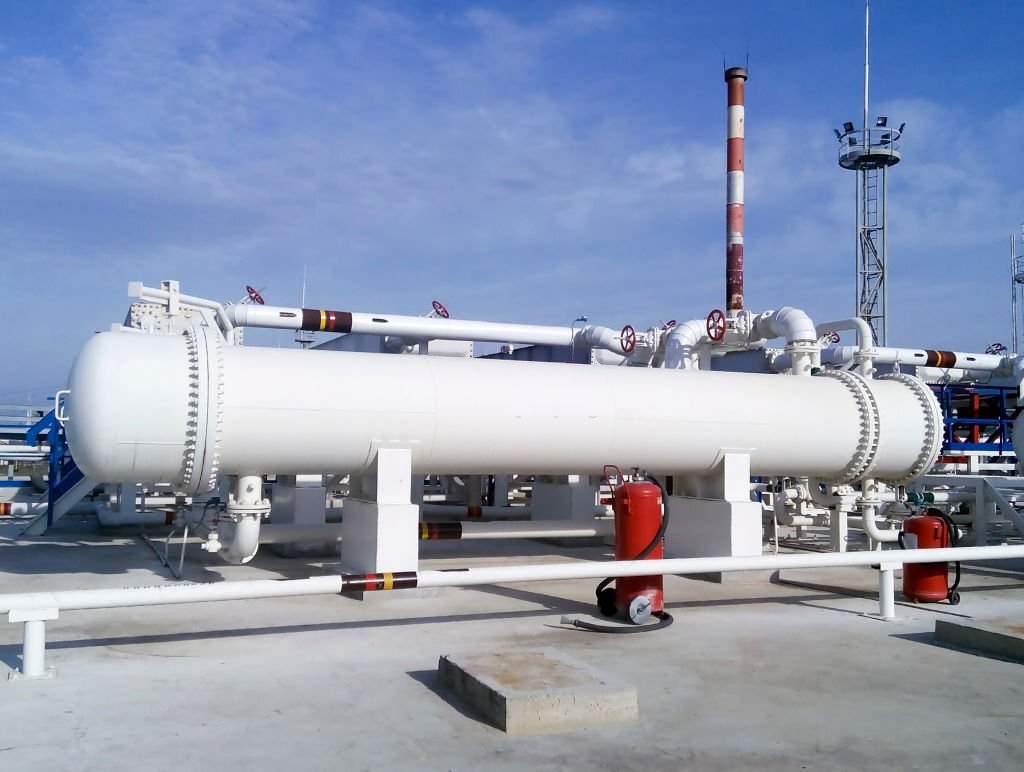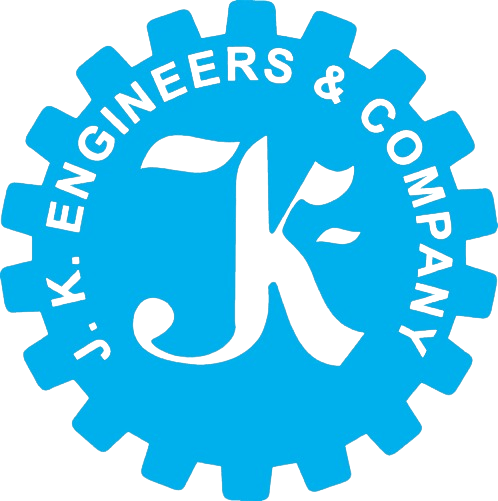Distillation Column & Coiled vessel
Home / Distillation Column & Coiled vessel

Distillation Column & Coiled vessel
We specialize in the fabrication and design of a diverse array of distillation column and coiled vessel which is a critical piece of equipment used in the separation of liquid mixtures into their individual components based on differences in their boiling points.
Distillation Column- Distillation columns are primarily used for fractionation, a process where a mixture of liquids is heated and vaporized, and then the vapor is condensed back into liquid form to separate the components based on their boiling points.
- Distillation columns can be equipped with multiple trays or packing materials to enhance the separation efficiency. These trays or packings facilitate mass transfer between the vapor and liquid phases.
- Distillation columns often incorporate heat exchangers to optimize energy usage. Reboilers at the bottom of the column provide heat to vaporize the liquid feed, while condensers at the top of the column cool and condense the vapor.
- They are widely used in the chemical, petrochemical, oil refining, and pharmaceutical industries for the separation and purification of various substances, including crude oil, chemicals, and alcoholic beverages.
- Distillation columns come in various designs, including packed columns and tray columns, each suited for specific applications and separation requirements.
Coiled Vessels
- The coiled design of the vessel provides a large surface area for heat transfer, enabling efficient temperature control within the vessel. The coil can be used to heat or cool the contents as needed.
- Coiled vessels are often used for chemical reactions and mixing processes. The even distribution of heat across the coil ensures uniform reactions and consistent product quality.
- They are versatile and can be customized for various applications, including polymerization, crystallization, and hydrogenation.
- Coiled vessels can help save space in industrial plants because they eliminate the need for external heat exchangers, saving both space and installation costs.
- The coil allows precise temperature control, making them suitable for processes that require specific temperature conditions.
- Coiled vessels can improve safety by minimizing the risk of leaks associated with external heat exchangers.
- These vessels can be constructed from a range of materials, including stainless steel and glass-lined steel, depending on the process requirements.
- They are commonly used in the chemical and pharmaceutical industries for various chemical processes and reactions.
